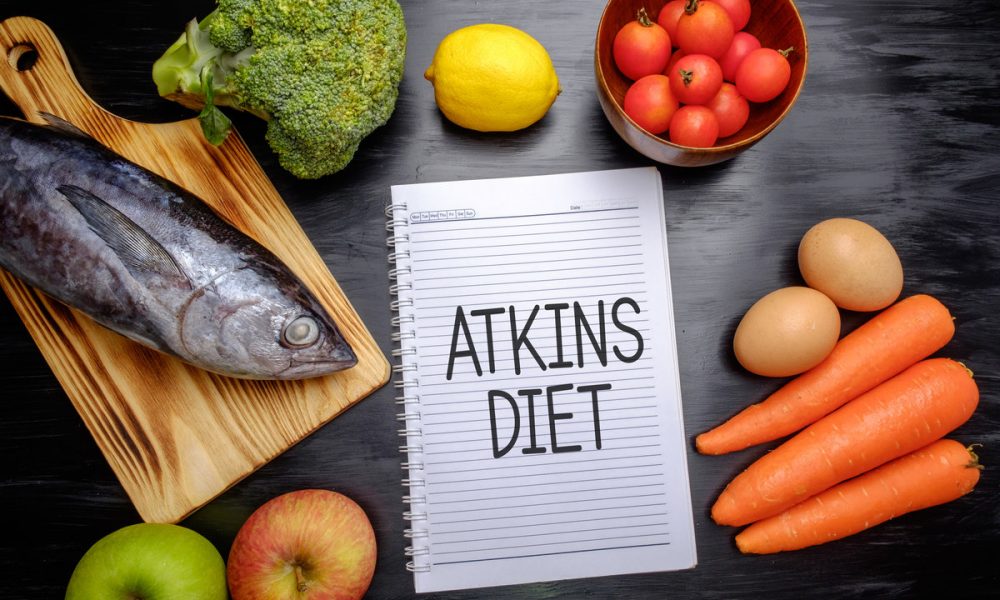LETS TALK ABOUT DIETS PLANS
Diet plans are structured dietary approaches to help individuals achieve specific health goals, such as weight loss, improved blood sugar control, or reduced risk of chronic disease. Popular diet plans include the Atkins Diet, Paleo Diet, Ketogenic Diet, Mediterranean Diet, and DASH Diet. However, it is important to choose a diet plan that is safe, sustainable, and tailored to individual needs, preferences, and medical history. A registered dietitian can provide guidance and support in selecting an appropriate diet plan.
WHAT ARE THE DIETS PLANS
A diet plan is a structured approach to eating that is designed to help people achieve their health and fitness goals. It is often used to manage weight, improve overall health, and prevent or manage chronic diseases such as diabetes, heart disease, and cancer. Diet plans typically involve guidelines on what types of foods to eat and in what quantities, as well as recommendations on meal timing and portion sizes.
So why do we need a diet plan? Here are a few reasons:
- To achieve weight loss goals: Many people turn to diet plans in order to lose weight. By following a structured eating plan, individuals can ensure that they are consuming the appropriate number of calories for their needs and goals, and can make healthy food choices that support weight loss.
- To improve overall health: A well-designed diet plan can provide individuals with the nutrients they need to maintain good health. For example, a diet plan that emphasizes whole, unprocessed foods and limits added sugars and unhealthy fats can help lower the risk of chronic diseases like diabetes and heart disease.
- To manage chronic health conditions: For people with chronic conditions like diabetes or high blood pressure, a diet plan can be an important part of managing their health. By following a plan that is tailored to their specific needs, individuals can learn how to make dietary choices that support their health and may even reduce the need for medication.
- To develop healthy eating habits: A diet plan can help individuals develop healthy eating habits that can last a lifetime. By learning how to make balanced food choices and portion control, individuals can maintain their health and wellbeing over the long term.
In addition to these benefits, a diet plan can also provide structure and accountability. By having a clear plan to follow, individuals can avoid making impulsive or unhealthy food choices and can stay on track with their goals.
It’s important to note that there is no one-size-fits-all diet plan that works for everyone. The right diet plan for an individual will depend on their specific needs, goals, and preferences. Consulting with a healthcare professional or registered dietitian can help individuals identify the best approach to achieving their health and fitness goals through a personalized diet plan.
In summary, a diet plan is a valuable tool for achieving weight loss, improving overall health, managing chronic conditions, and developing healthy eating habits. By following a structured plan that is tailored to their needs, individuals can make lasting changes to their diet and improve their health and wellbeing over the long term.

MOST FAMOUS DIETS PLANS
There are many famous diet plans, some of which have gained popularity over the years. Here are a few examples:
- The Atkins Diet: This is a low-carbohydrate, high-protein diet that focuses on consuming a lot of protein and healthy fats while limiting carbs.
- The Mediterranean Diet: This diet emphasizes the consumption of whole grains, fruits, vegetables, nuts, and healthy fats like olive oil. It is based on the traditional dietary patterns of countries in the Mediterranean region.
- The Paleo Diet: This diet is based on the idea of eating like our ancestors did during the Paleolithic era. It focuses on consuming whole foods like meat, fish, fruits, vegetables, and nuts while avoiding processed foods, grains, and dairy.
- The Ketogenic Diet: This is a low-carbohydrate, high-fat diet that aims to put the body into a state of ketosis, in which it burns fat for fuel instead of carbohydrates.
- The Weight Watchers Diet: This diet assigns points to different foods based on their calorie, fat, and fiber content, and encourages people to stay within a certain point range each day.
- The Zone Diet: This diet focuses on consuming a specific ratio of carbohydrates, protein, and fat in each meal to promote stable blood sugar levels and weight loss.
- The South Beach Diet: This diet aims to reduce the intake of refined carbs and sugars, and encourages the consumption of healthy fats and lean proteins.
It’s important to note that the effectiveness and safety of each of these diets may vary depending on the individual, and it’s always a good idea to consult a healthcare professional before starting any new diet plan.

THE ATKINS DIET
The Atkins Diet is a low-carbohydrate, high-fat diet that was created by Dr Robert Atkins in the 1960s. The diet involves limiting carbohydrate intake while increasing the consumption of protein and fat.
The theory behind the Atkins Diet is that by reducing carbohydrates and increasing fat and protein intake, the body will enter a state of ketosis, where it burns fat for energy instead of carbohydrates. This, in turn, is said to lead to weight loss and improved overall health.
The Atkins Diet is typically divided into four phases:
-
Induction phase: This is the most restrictive phase, where carbohydrates are limited to 20 grams per day. This phase is intended to jumpstart weight loss.
-
Ongoing weight loss phase: Carbohydrate intake is gradually increased in this phase, with a focus on continuing weight loss.
-
Pre-maintenance phase: In this phase, carbohydrate intake is further increased to find the individual’s carbohydrate tolerance level.
-
Maintenance phase: This is the long-term phase of the diet, where the individual continues to follow a low-carbohydrate lifestyle to maintain weight loss.
While the Atkins Diet has been associated with weight loss and improved blood sugar control in some studies, it has also been criticized for its high saturated fat content and potential negative impact on heart health. As with any diet, it is important to speak with a healthcare professional before starting the Atkins Diet to ensure that it is safe and appropriate for you.

PALEO DIETS PLANS
The Paleo diet, also known as the Paleolithic diet or the caveman diet, is a dietary plan based on the presumed diet of early humans during the Paleolithic era, which spanned from approximately 2.5 million to 10,000 years ago.
The diet consists of foods that were available to our Paleolithic ancestors, including lean meats, fish, fruits, vegetables, nuts, and seeds. The diet excludes processed foods, grains, legumes, dairy products, and refined sugar.
The idea behind the Paleo diet is that our bodies have not evolved to process modern foods and that by eating a diet similar to that of our Paleolithic ancestors, we can improve our health and reduce the risk of chronic diseases such as heart disease, diabetes, and obesity.
Proponents of the Paleo diet argue that it can lead to weight loss, improved blood sugar control, and better gut health. However, the diet has been criticized for its restrictive nature, potential nutrient deficiencies, and lack of long-term studies on its safety and effectiveness.
It is important to note that the Paleo diet is not suitable for everyone, especially those with certain medical conditions or dietary restrictions. It is recommended to speak with a healthcare professional or registered dietitian before starting the Paleo diet or any other dietary plan.

KETO DIETS PLANS
The ketogenic diet, or keto diet for short, is a high-fat, low-carbohydrate diet that is designed to put the body into a metabolic state called ketosis. In ketosis, the body burns fat for energy instead of carbohydrates, which is thought to lead to weight loss.
The diet typically consists of high amounts of fat (70-80% of daily calories), moderate protein (20-25% of daily calories), and very low carbohydrates (5-10% of daily calories). This macronutrient breakdown is designed to force the body to rely on fat for energy, which leads to the production of molecules called ketones in the liver.
The ketogenic diet has been shown to be effective for weight loss, improving blood sugar control in people with type 2 diabetes, and reducing seizures in people with epilepsy. It may also have potential benefits for other conditions, such as certain neurological disorders, cancer, and polycystic ovary syndrome (PCOS).
However, the ketogenic diet can be challenging to maintain due to its strict dietary restrictions and potential side effects such as constipation, bad breath, and a temporary decrease in physical performance. It is also not recommended for people with certain medical conditions, such as pancreatitis, liver failure, or a history of disordered eating.
As with any diet, it is important to speak with a healthcare professional before starting the ketogenic diet to ensure that it is safe and appropriate for you.

